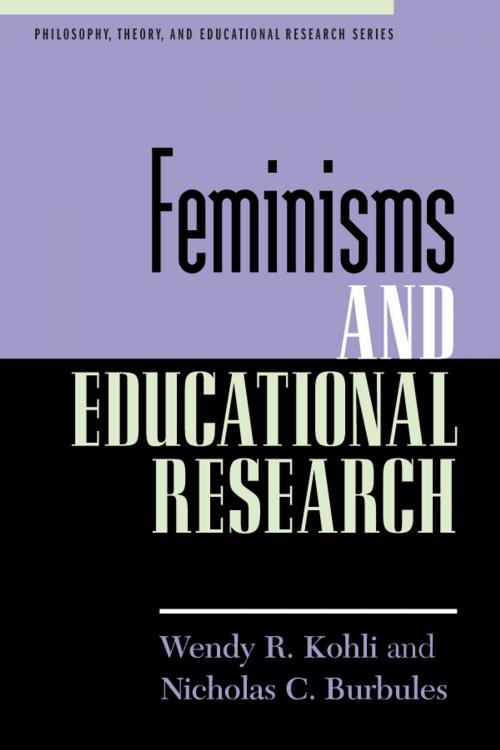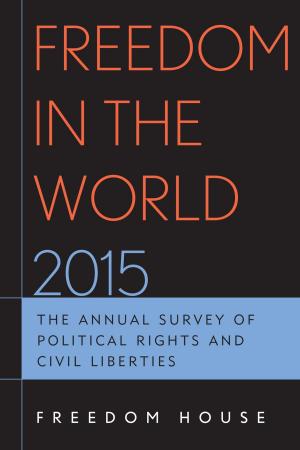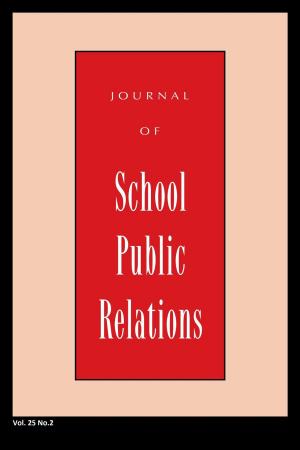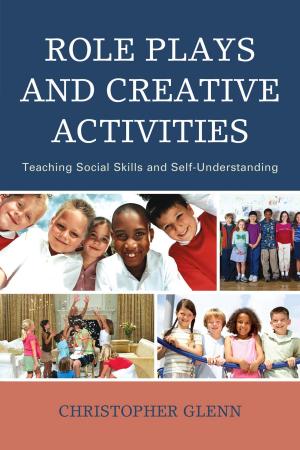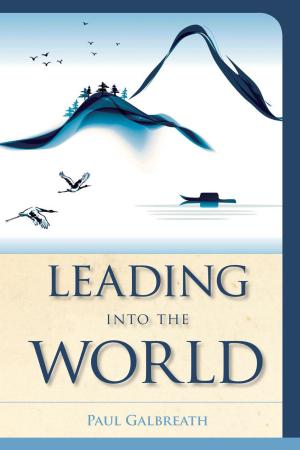Feminisms and Educational Research
Nonfiction, Reference & Language, Education & Teaching, Educational Theory, Educational Reform, Philosophy & Social Aspects| Author: | Nicholas C. Burbules, Wendy R. Kohli | ISBN: | 9781442214675 |
| Publisher: | Rowman & Littlefield Publishers | Publication: | December 29, 2011 |
| Imprint: | Rowman & Littlefield Publishers | Language: | English |
| Author: | Nicholas C. Burbules, Wendy R. Kohli |
| ISBN: | 9781442214675 |
| Publisher: | Rowman & Littlefield Publishers |
| Publication: | December 29, 2011 |
| Imprint: | Rowman & Littlefield Publishers |
| Language: | English |
Feminist theory has come a long way from its nascent beginnings—no longer can it be classified as “liberal,” “socialist,” or “radical.” It has shaped and evolved to take on multiple meanings and forms, each distinct in its own perspective and theory. In Feminisms and Educational Research, the authors explore the various forms of feminisms, tracing their history and their relation to gendered knowledge and identity. Unlike other books on feminism, the authors do not attempt to push that a particular theory is more correct than another, but rather they give a complete overview of each of the forms of feminism.
The authors then couple the philosophical and theoretical ideas of western feminisms with the aims and conduct of educational research, exploring how they interact and influence each other. Focusing on more recent feminists, both in education and related disciplines, the book highlights illustrative examples from research to form a basis of understanding how the different feminisms have changed education.
Feminist theory has come a long way from its nascent beginnings—no longer can it be classified as “liberal,” “socialist,” or “radical.” It has shaped and evolved to take on multiple meanings and forms, each distinct in its own perspective and theory. In Feminisms and Educational Research, the authors explore the various forms of feminisms, tracing their history and their relation to gendered knowledge and identity. Unlike other books on feminism, the authors do not attempt to push that a particular theory is more correct than another, but rather they give a complete overview of each of the forms of feminism.
The authors then couple the philosophical and theoretical ideas of western feminisms with the aims and conduct of educational research, exploring how they interact and influence each other. Focusing on more recent feminists, both in education and related disciplines, the book highlights illustrative examples from research to form a basis of understanding how the different feminisms have changed education.
